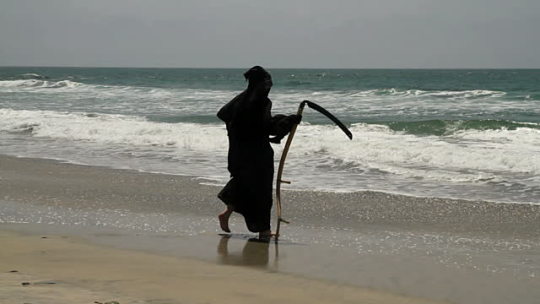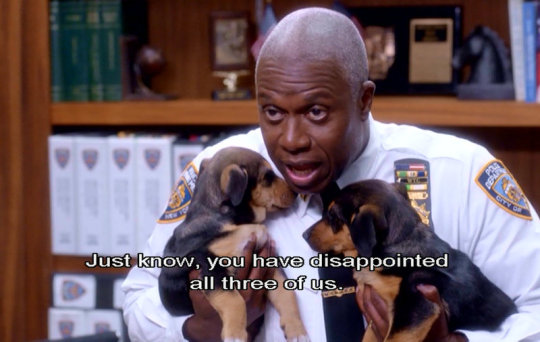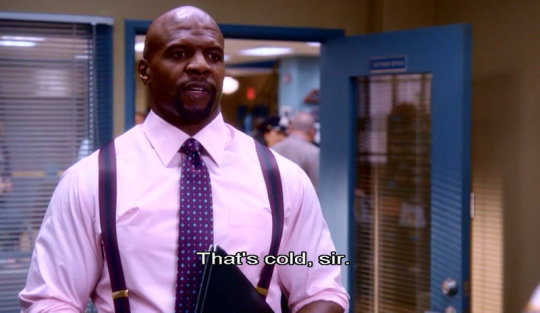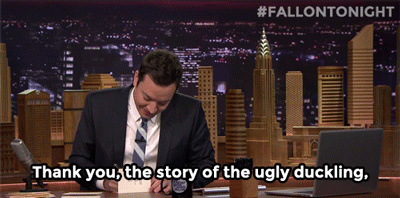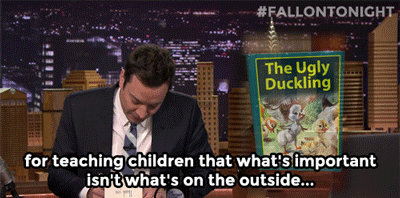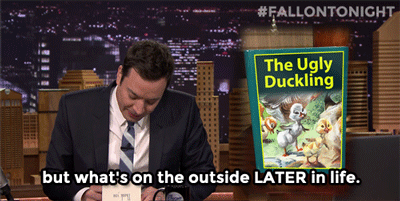hi im meredith I have no idea what I'm doing with my life off this site
Don't wanna be here? Send us removal request.
Photo
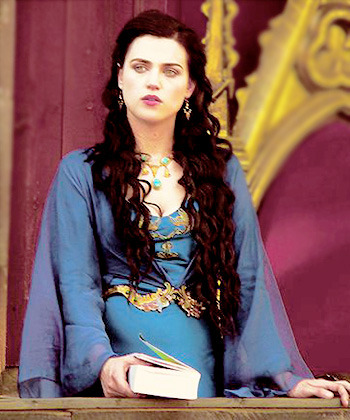




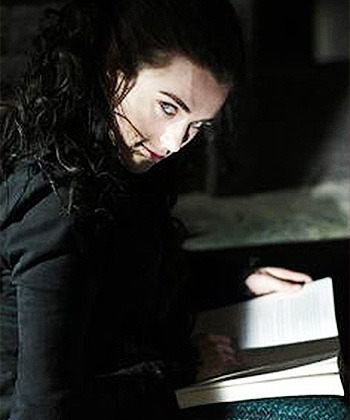
“She reads eight hundred million books a day” - Bradley James on Katie McGrath
6K notes
·
View notes
Photo
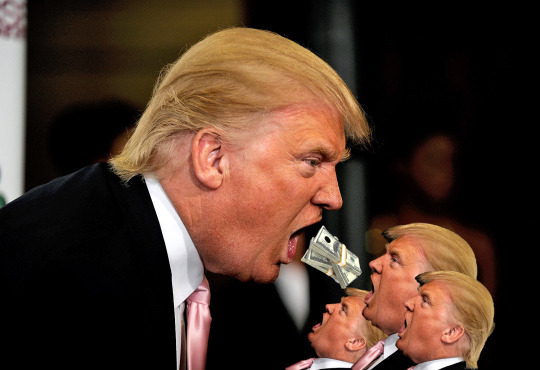
The Mother Trump feeds it’s Trumplings a small loan of a million dollars
327K notes
·
View notes
Text
could you please not talk to me again? it’s for a school project
103K notes
·
View notes
Note
my head hurts do you think pancakes will fix it
As a preventative measure, strap 10-15 pancakes on your head (specifically over each temple and at the base of the skull) before engaging in any activity that could cause head trauma.
1K notes
·
View notes
Text
me while sipping apple juice out of a champagne glass and looking dramatically off into the distance: i’ve had it
337K notes
·
View notes
Text
Me: I love being out at night, I’m not scared of the dark!
tree: *exists, looking very vaguely like a person*
Me:

525K notes
·
View notes
Text
I’m at the doctor office and this baby keeps yelling “I want donow” (mcdonalds) and the big brother (I assume) said “all the mcdonalds burnt down, there’s no more mcdonalds”
322K notes
·
View notes
Text
no offense but this year, politically, across the entire globe, has been an absolute joke
302K notes
·
View notes
Text
The Night of the Murdered Poets
I weep for you with all the letters of the alphabet that made your hopeful songs. — from Chaim Grade’s “Elegy for the Soviet Yiddish Writers”
64 years ago on August 12, 1952, Stalin ordered the execution of 13 Soviet Jews, many of them Yiddish writers, poets, critics, and thinkers, on false charges of treason and espionage. The event is referred to as the Night of the Murdered Poets and regarded by some as the successful destruction of post-war Yiddish literature and culture in the Soviet Union.
The defendants:
Peretz Markish (1895–1952), Yiddish poet, co-founder the School of Writers, a Yiddish literary school in Soviet Russia
David Hofstein (1889–1952), Yiddish poet
Itzik Fefer (1900–1952), Yiddish poet, informer for the Ministry of Internal Affairs
Leib Kvitko (1890–1952), Yiddish poet and children’s writer
David Bergelson (1884–1952), distinguished novelist
Solomon Lozovsky (1878–1952), Director of Soviet Information Bureau, Deputy Commissar of Foreign Affairs, vigorously denounced accusations against himself and others
Boris Shimeliovich (1892–1952), Medical Director of the Botkin Clinical Hospital, Moscow
Benjamin Zuskin (1899–1952), assistant to and successor of Solomon Mikhoels as director of the Moscow State Jewish Theater
Joseph Yuzefovich (1890–1952), researcher at the Institute of History, Soviet Academy of Sciences, trade union leader
Leon Talmy (1893–1952), translator, journalist, former member of the Communist Party USA
Ilya Vatenberg (1887–1952), translator and editor of Eynikeyt, newspaper of the Jewish Anti-Fascist Committee; Labor Zionist leader in Austria and U.S. before returning to the USSR in 1933
Chaika Vatenburg-Ostrovskaya (1901–1952), wife of Ilya Vatenburg, translator at JAC.
Emilia Teumin (1905–1952), deputy editor of the Diplomatic Dictionary; editor, International Division, Soviet Information Bureau
Solomon Bregman (1895–1953), Deputy Commissar of Foreign Affairs. Fell into a coma after denouncing the trial and died in prison five months after the executions.
Lina Stern (or Shtern) (1875–1968), the first female academician in the USSR and is best known for her pioneering work on blood–brain barrier. She was the only survivor out of the fifteen defendants.
Some who were either directly or indirectly connected to the Jewish Anti-Fascist Committee at the time were also arrested in the years surrounding the trial. Although Solomon Mikhoels was not arrested, his death was ordered by Stalin in 1948. Der Nister, another Yiddish writer, was arrested in 1949, and died in a labor camp in 1950. Literary critic Yitzhak Nusinov died in prison and journalists Shmuel Persov and Miriam Zheleznova were shot – all in 1950.
1K notes
·
View notes
